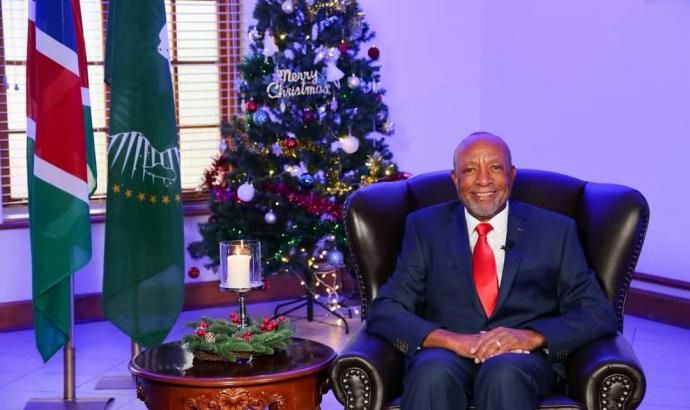Education is often lauded as a fundamentally optimistic human endeavour, leading to progress and betterment.
It is understood by many to be a means of overcoming handicaps, achieving greater equality, and acquiring wealth and social status.
Many would say the purpose of education should be to develop every individual to their full potential, and give them a chance to achieve as much in life as their natural abilities allow.
In Namibia, however, we are experiencing what one can call ‘controlled education’.
Our education system is characterised by a lack of clear philosophy, neo-colonialism, a high failure rate, a lack of innovation, a lack of modern technology and inequality.
Our education system seems to confuse teaching with learning, grade achievement with education, a university qualification with competence and fluency with the ability to say something new.
This begs the question: Is education still key in Namibia?
This question is asked by many young Namibians who are struggling to connect education to their daily subsistence.
As the Namibian political season is about to reach boiling point, education does not seem to be part of the political debate.
Our current education system is largely serving the agenda of neo-colonialism, meaning a foreign language is used to derail the academic progression of many young Namibians.
The results of this pro-European policy are a high failure rate, high repetition rate and a high dropout rate.
How does this help Namibians?
Inequality in the provision of education in Namibia is one of the most alarming social problems in our country. Yet political parties provide vague explanations on how to address it in their manifestos.
Namibia’s public schools are characterised by poor quality, a high teacher-pupil ratio, dilapidated furniture, a lack of stationery, a lack of proper facilities and a lack of modern educational infrastructure.
Private schools have smaller classes, higher academic standards, better teacher-student contact and greater discipline.
As a result of this disparity, the children of the poor go to public schools and the privileged to private schools.
This makes Namibia one of the most unequal countries in the world.
Despite the investment our government has made in the education sector for the past 34 years, the absence of clear pro-Namibian education policies renders these sacrifices pointless.
Broader consultation is required to address the masses’ grievances.
We are not much worse compared to others, neither the best. Hence, our diligence, innovation, hard work and desire to progress need to be put to the test. The educational imbalances in our country must be a top priority in our political debates, not just a point.
To this end, education does not operate in a vacuum. To have a better society, we need to analyse its strengths and weaknesses and plan educational programmes to address these.
It must reflect the philosophy of our society.
The system should be based on our society’s needs, demands and aspirations to function properly.
Chiete Custodio
Stay informed with The Namibian – your source for credible journalism. Get in-depth reporting and opinions for
only N$85 a month. Invest in journalism, invest in democracy –
Subscribe Now!







